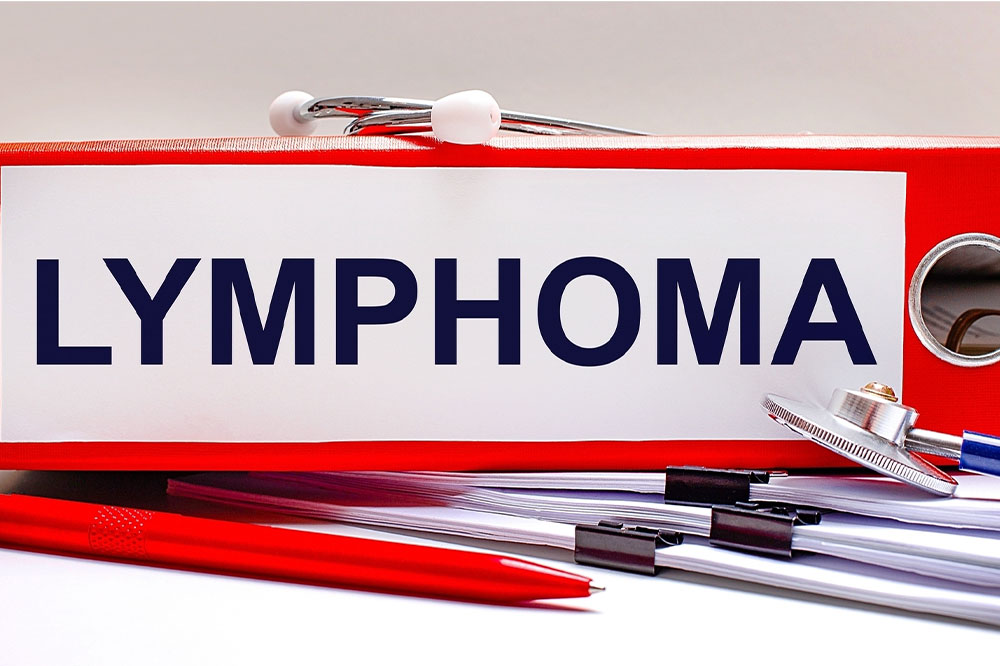All you need to know about B-cell follicular lymphoma
Affecting the white cells of the body, follicular lymphoma is a type of blood cancer that minimizes the capability of fighting infections in the body. There are two variants of lymphoma, non-Hodgkin and Hodgkin’s and the classification depends on the type of white blood cells that are affected. The follicular lymphoma is also known as non-Hodgkin lymphoma and cure rate of this type of health condition is next to null.
Diffuse Large B-Cell Lymphoma (DLBCL)
It is one of the most common type of non-Hodgkin lymphoma that attacks 1 out of 3 people in the country; moreover, the cells look larger under the microscope.

Follicular Lymphoma
This is common among 1 out of 5 people in the country, and it generally does not grow too quickly. However, the growth can vary from person to person on the basis of various factors. People aged 60 years and above are susceptible to become a victim of this type of lymphoma.
Common symptoms of B-cell follicular lymphoma
Affecting the white blood cells, this type of cancer can limit your body’s function to attack infections. The disease is not caused by genetic problems but certain infections, radiation, certain medicals, and cancer are common reasons. Following are the common symptoms that one may face.
- Weight loss
- Fatigue
- Shortness of breath
- Night sweats
- Swelling of the lymph nodes in the stomach, groin, neck, and armpits without causing pain
Treatment of B-cell follicular lymphoma
Many patients do not suffer from usual symptoms and the doctors only choose “watchful waiting” at that time. However, the medical professionals may recommend initiating the treatment after noticing the following things,
- Sudden weight loss
- Low blood counts
- Fever
- Nodes getting larger
A large number of patients are seen to be disease free after undergoing the treatment, but 30%-40% of them are seen to face other critical conditions that require intensive treatment.
Radiation
Patients with B-cell follicular lymphoma are advised to go for radiation as the process kills carcinogenic cells. With the high-energy beam of radiation that is similar to that of an X-ray, the patient can get rid of the disease. Additionally, the early stage needs only radiation unlike Stages III and IV.
Jefferson University Hospitals, MD Anderson Cancer Center, Mayo Clinic, and Memorial Sloan Kettering Institute ensure that the patients get speedy recovery from this critical physical condition.

